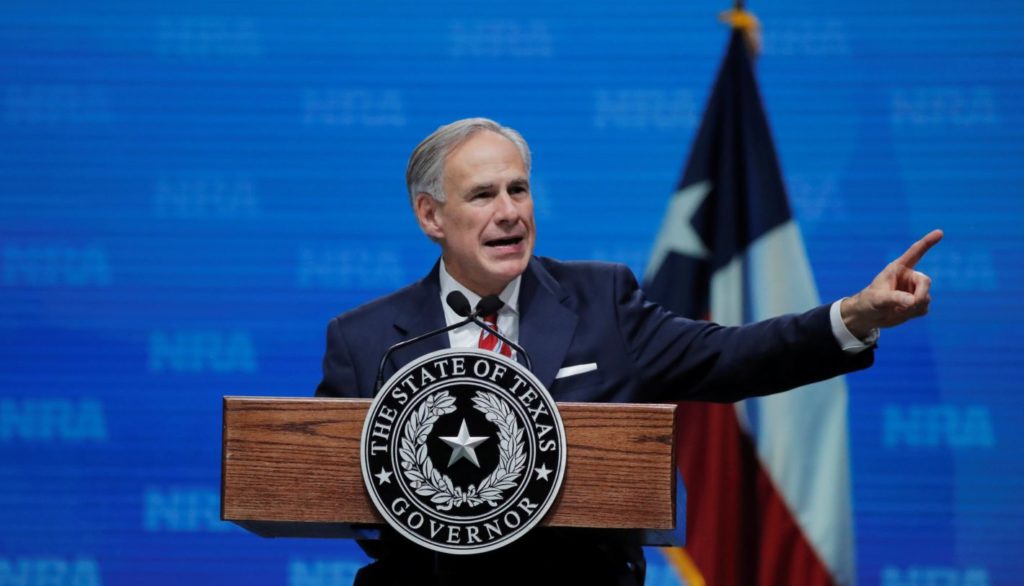 Crisis on the U.S.-Mexico border
Crisis on the U.S.-Mexico border The passage of the pandemic through the United States
The passage of the pandemic through the United States The "clave latina" continues to grow in the U.S.
The "clave latina" continues to grow in the U.S.On May 19, Texas Governor Greg Abbott, a Republican, signed into law one of the most restrictive abortion laws in the United States, which prohibits abortion after six weeks of gestation, when in many cases women do not even know they are pregnant. This law joins a series of laws protecting the right to life of the unborn child that have been passed in various states of the country in recent years.
The initialing of this language comes after the U.S. Supreme Court announced two days earlier that it will consider a case restricting this procedure in Mississippi. The Mississippi case will mark the first occasion in which the Supreme Court will rule on a state law restricting abortion with a possible change in approach with unknown repercussions.
The High Court is now composed of 9 justices, 5 of whom are Catholic (John Roberts, Clarence Thomas, Samuel Alito, Brett Kananaugh, Sonia Sotomayor and Amy Coney Barret), Elena Kagan and Stephen Breyer are Jewish and Neil Gorsuch is Protestant. And of those, a solid majority are considered to be pro-right to life and Sonia Sotomayor, Elena Kagan and Stephen Breyer are not.
If the United States changes the doctrine established in 1973 on the occasion of the famous Roe versus Wade ruling, which enshrined the right to abortion in that country, we may find ourselves in the future with a process that could reverse the legislation that made the so-called right to decide prevail over the right to life.
And this would happen during the presidency of a Catholic who has legislated and spoken out in favor of abortion throughout his already extensive political career. Joe Biden has stated before and after his election that he is "committed" to the protection of the right to abortion in the country and that regardless of the decision that the SC will soon adopt, he is committed to protect "Roe v. Wade". This affirmation has been ratified by the facts, since one of his first measures as president was to revoke the prohibition to finance foreign organizations that perform abortions.
Precisely for this reason, the Episcopal Conference of the United States decided to recall in a document that Catholic politicians who are publicly in favor of the right to abortion should not receive Communion. When the Congregation for the Doctrine of the Faith was consulted on the matter, it replied that it would be preferable first to have the consensus of all the bishops, to dialogue with these Catholic politicians to help them form their conscience and to avoid the impression that "abortion and euthanasia alone constitute the only serious matters of Catholic social doctrine that demand the highest level of responsibility on the part of Catholics". In any case, it is advisable to frame such a statement within the broader framework of the dignity of receiving Holy Communion on the part of all the faithful and not just a category of politicians.
Corresponding member of the Royal Academy of Jurisprudence and Legislation of Spain.











